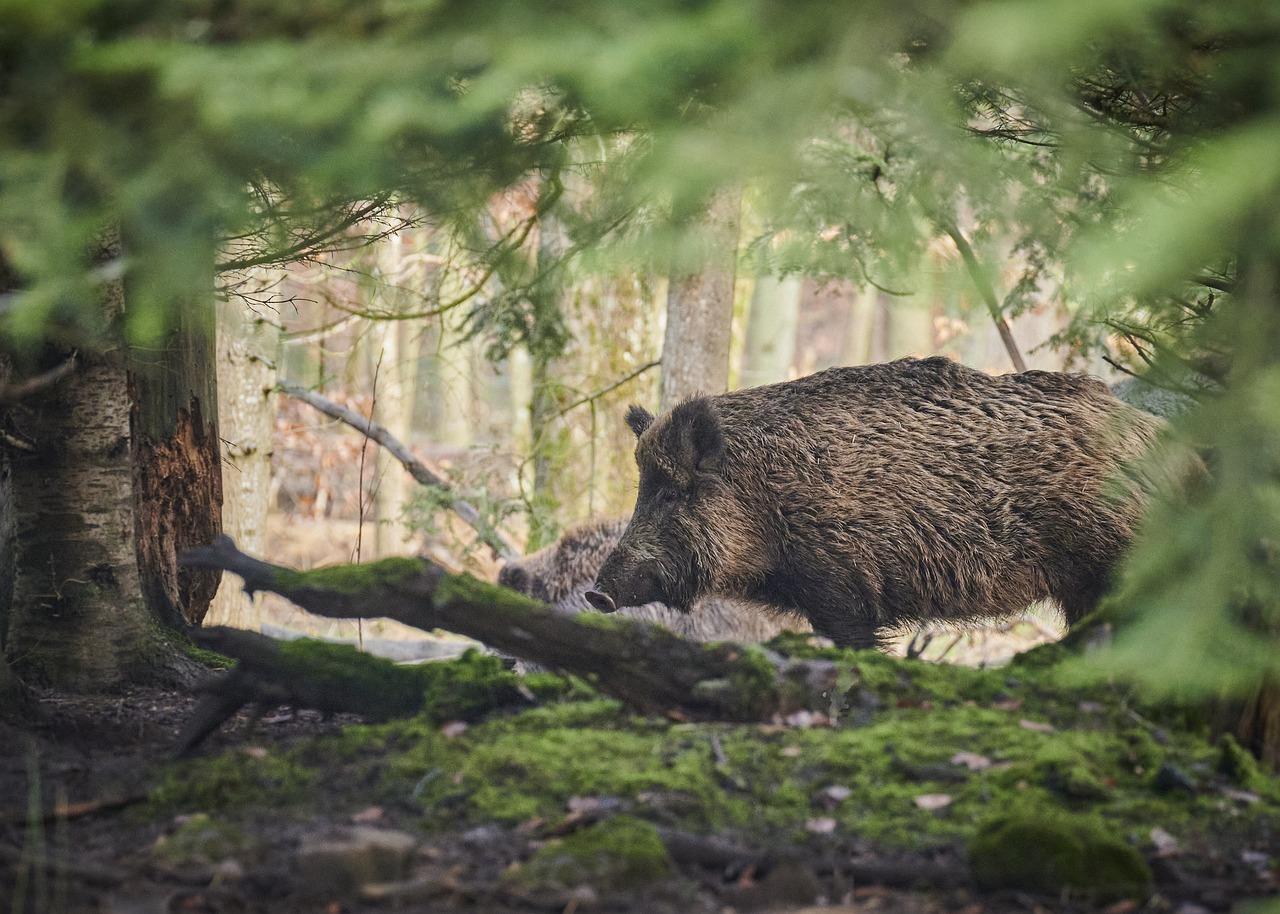African Swine Fever: Fences Alone Are Not Enough
The European Food Safety Authority (EFSA) has reviewed and identified the risk and preventive factors for African Swine Fever (ASF) in domestic pigs and wild boar populations.
The latest EFSA data indicates that fences can help control the spread of ASF among wild boars, but to achieve maximum effectiveness, they must be combined with other safety measures. EFSA also highlights the potential role of insects in virus transmission, though further research is needed.
Key Findings from the EFSA Report:
- To effectively control ASF spread in wild boar populations, fencing should be combined with wild boar hunting and the removal of carcasses. Natural barriers, such as large rivers, urban areas, and road infrastructure, can also limit wild boar movement.
- The use of immunocontraceptive vaccines to reduce wild boar populations was considered. However, developing a safe and effective oral vaccine requires additional research and consideration of its long-term environmental impact.
- While ticks have not spread the virus within the EU in the past decade, the role of other blood-sucking insects (e.g., mosquitoes, flies, and horseflies) remains unclear and requires further study.
- In domestic pig holdings, implementing strict biosecurity measures is crucial to prevent virus spread on farms. This includes secure storage of bedding materials and the use of protective nets against insects, especially in ASF-affected areas.
The full report is available here.
Photo: Pixabay.com


